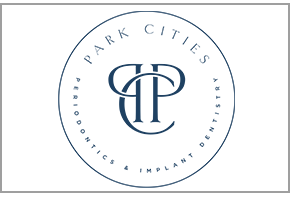The prospect of dental surgery can be daunting enough without worrying about the effects you will experience afterward.
If you work with your periodontist in advance to plan your aftercare following surgery, you will give yourself some peace of mind as you undergo the procedure.
The periodontist will have several recommendations for a regimen that you should follow after your dental surgery.
In the first few hours after the surgery, you may notice some bleeding or swelling. If you begin bleeding at the surgical site, rinse your mouth with cold water a number of times and apply pressure to the area using a wet tea bag. If the bleeding lasts longer than 15 minutes, contact our office.
The periodontist will have several recommendations for a regimen that you should follow after your dental surgery.
To minimize swelling, apply ice packs or cold compresses as soon as possible after your surgery. Stick to an ice pack schedule of 20 minutes on and 20 minutes off for a few hours.
A periodontal dressing will be placed at the surgical site. It’s best for this dressing to stay in place, so avoid activities like chewing and cleaning in the area to help it stay put. If the dressing does come loose, you can remove it gently by using a clean toothpick. You can then rinse with warm salt water to clean out the area.
Keep the rest of the mouth clean by following your normal oral hygiene routine, though.
Some patients will receive stents, which should be worn continuously for 24 hours after the surgery. Patients can either remove them after that point or clean them and put them back in place to address discomfort and bleeding.
Various medications may be prescribed for patients to take after the procedure. Antibiotics are often recommended to ward off post-surgery infections that can complicate the healing process and spread throughout the body.
It is important to take the antibiotics exactly as prescribed and to finish the entire prescription, even if you are not showing any signs of infection.
Most patients find that they need to make minor dietary changes, eating only softer foods, and you may need to alter your chewing patterns depending on the location of your surgery.
Dental surgery doesn’t have to be intimidating if you’re prepared for it. Be sure to consult with our experienced team, serving Dallas and the surrounding areas, for specific post-procedure instructions. Call 214-949-1836 for more information.
